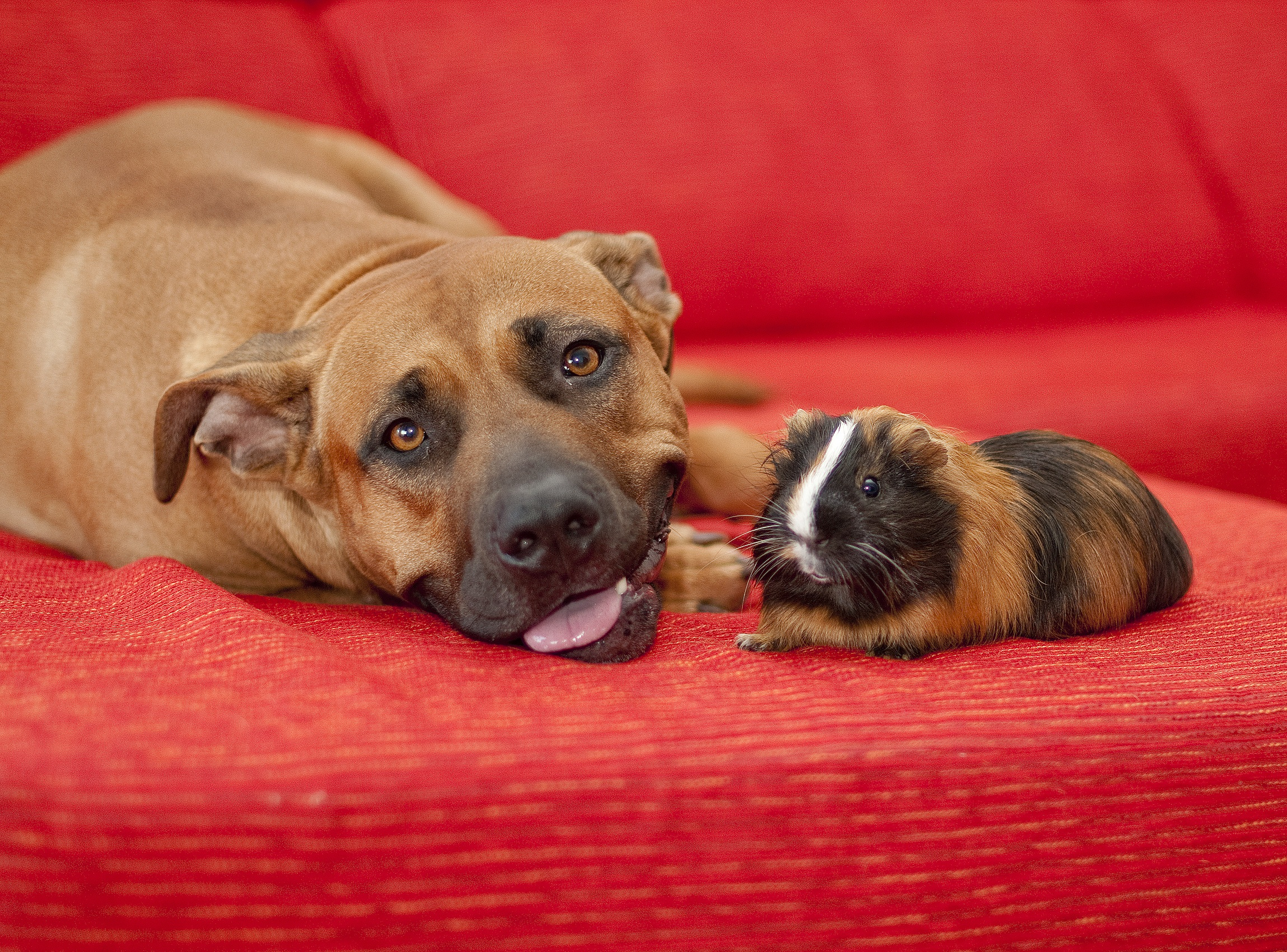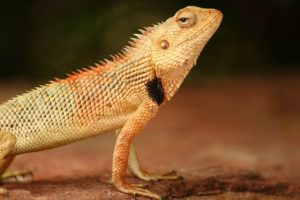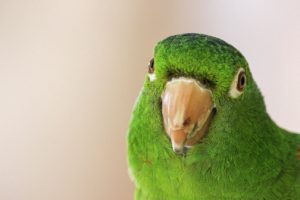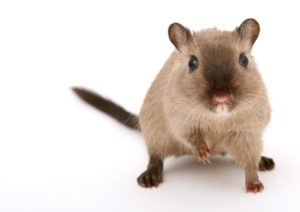Did you know that hundreds of pets are accidentally poisoned each year? With some knowledge and basic precautions, you can keep your pet safe. Here are some common dangers that lurk in and around your home—and steps you can take to ensure that your pet is protected.
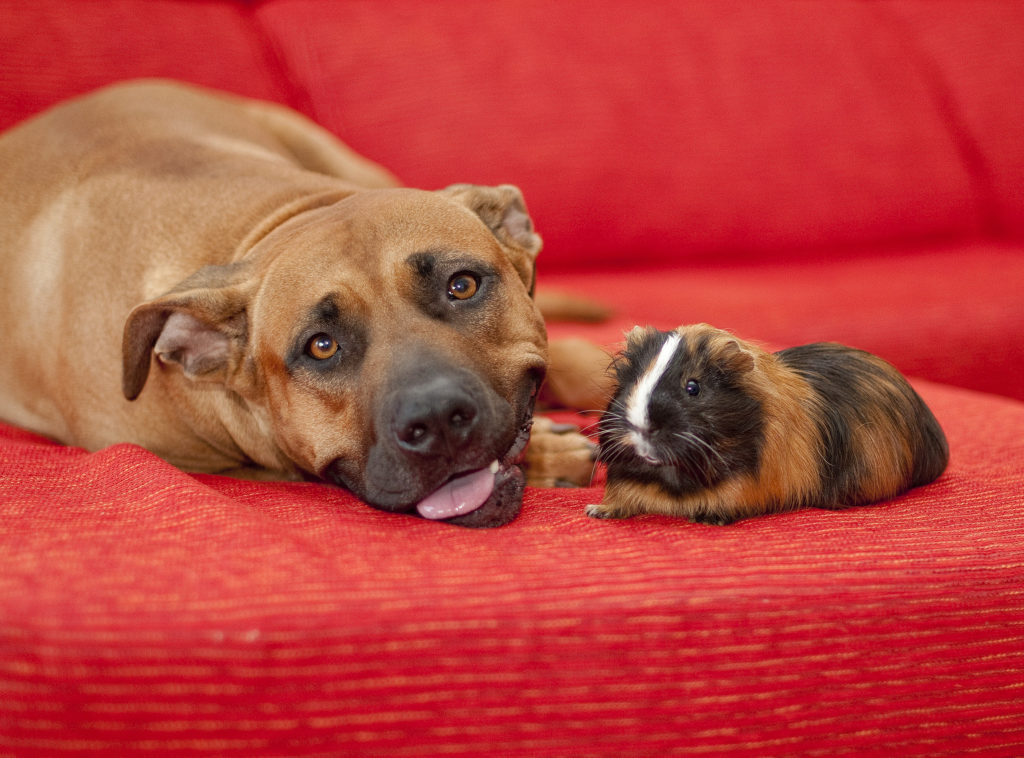
Food
You may enjoy a bar of chocolate, some fresh grapes, or a garlic-heavy pasta dish, but human goodies are not for pets. Different types of animals have different dietary requirements, so it’s important to do your research and make sure a food is safe before offering it your animal. Here are a few basic rules of thumb though:
- Never feed any animal: chocolate, coffee, garlic, onion, carbonated drinks, alcohol, yeast dough, salty snacks, raw or undercooked meats and eggs, or xylitol (a sweetener found in gum, candy, baked goods, and toothpaste.)
- Never feed dogs: grapes, raisins, macadamia nuts, milk or other dairy products
- Never feed cats: milk or dairy products
- Never feed exotics: avocado
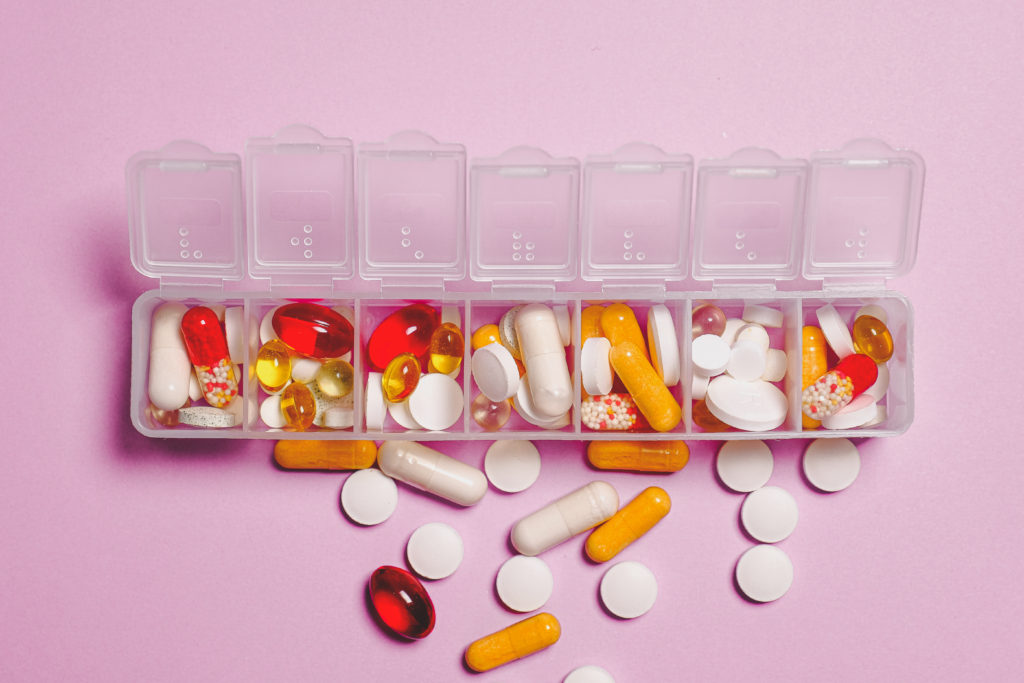
Medicine
Only give your pet medication prescribed specifically for them by a qualified veterinarian. Keep all medications (human and animal) out of reach of pets, and keep human and animal medications separate.
Cleaning Products
Use natural cleaning products where possible, to avoid harmful fumes, and keep the area well-ventilated. Regardless of whether your cleaning supplies are natural or not, keep them in a safe place inaccessible to your pets.
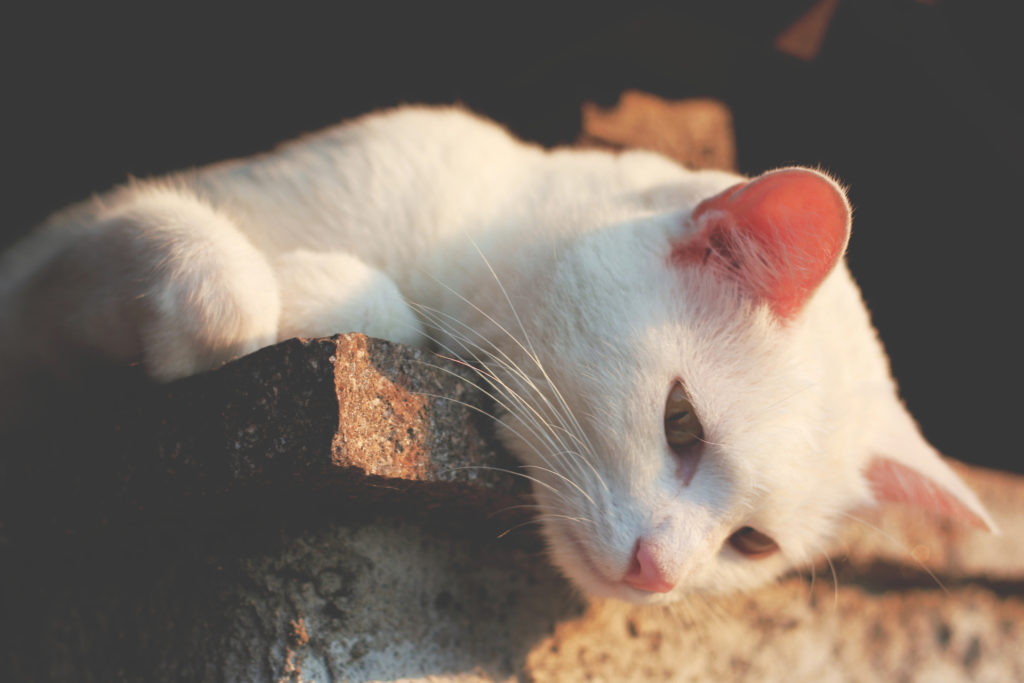
Pest Control
Many baits are just as tempting to your pets as to pests. Keep poisons and traps where pets can’t get at them, and be sure to dispose of dead pests quickly. If a dog or cat comes across a poisoned animal they may eat it and poison themselves. Live traps are the most humane way to deal with mice and rats, and safe for pets too.
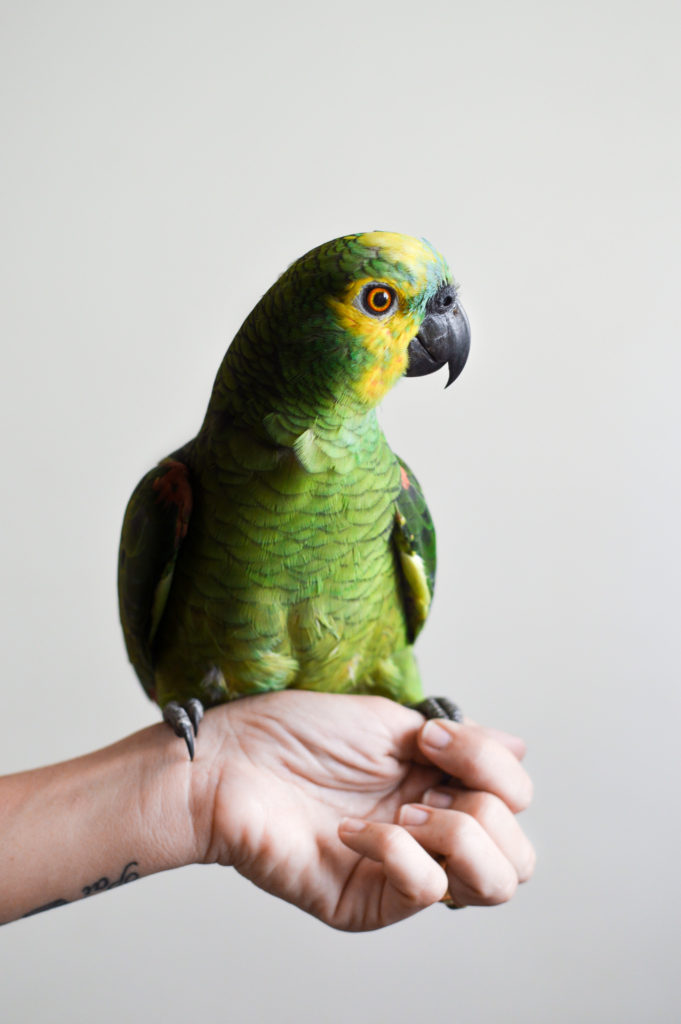
Home
Cleaning, painting, and repair are part of home maintenance, but they come with dangers for your pets. Keep yourself informed so you can make safe choices. Be aware that some basic home wares and appliances can pose a danger to pets too. The fumes from nonstick pans can kill birds, and small items like pennies or batteries can be very harmful if ingested.
Garage
Gas, oil, and antifreeze are necessary to keep your car in good working order, but they won’t make your pet’s engine run smoothly. Keep these types of materials stowed away, and clean up spills promptly. Because of motor fumes and lack of insulation, garages aren’t a good place to house pets. If your pet does decide to hang out in the garage with you, make sure to supervise them the whole time.
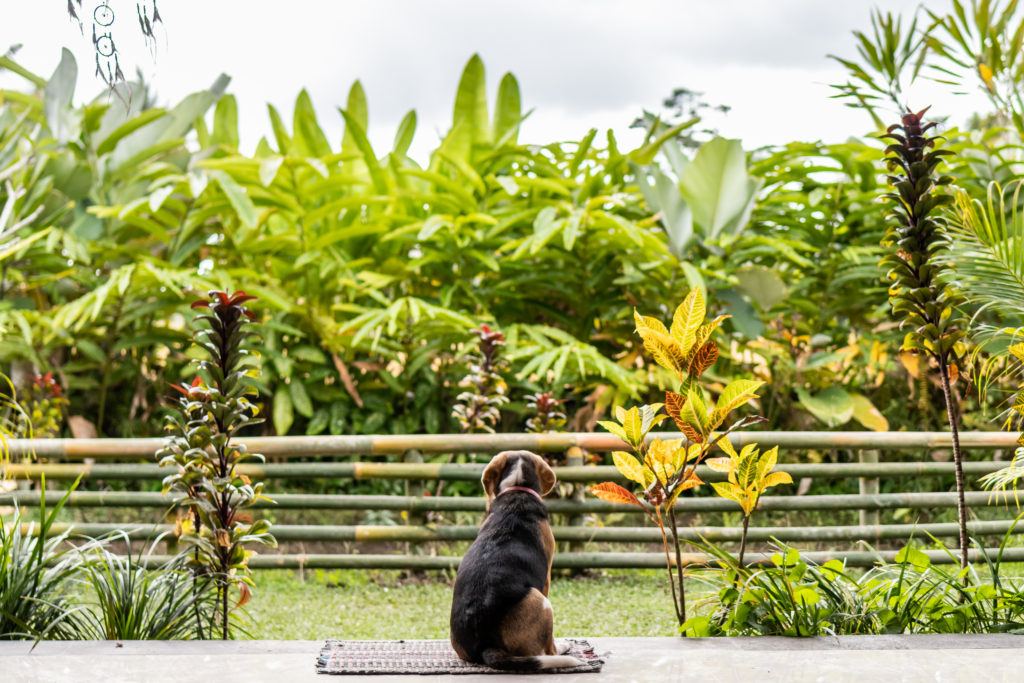
Garden
Plants can beautiful your home and garden, but it’s important to plant with pets in mind. Since plant toxicity varies, and what’s poisonous to a dog may not bother a rabbit, you’ll need to do your own pet-specific research. Some popular plants to steer clear of include lilies, tulips, azaleas and rhododendrons, oleander, yew, chrysanthemum, English ivy, and pothos.
If you believe your pet may have been poisoned, prompt action can make the difference between life and death. Have your vet’s number and an animal poison hotline saved in your contacts so you can seek help immediately if your pet is accidentally poisoned. By doing your research, creating a pet-friendly environment, and knowing how to get assistance if needed, you can help ensure that your pet has a long and healthy life.
Sources
https://www.aspca.org/pet-care/animal-poison-control/people-foods-avoid-feeding-your-pets
https://www.aspca.org/news/believe-it-or-not-its-poisonous-pets-apcc-shares-poison-prevention-tips
https://www.avma.org/resources/pet-owners/petcare/household-hazards
